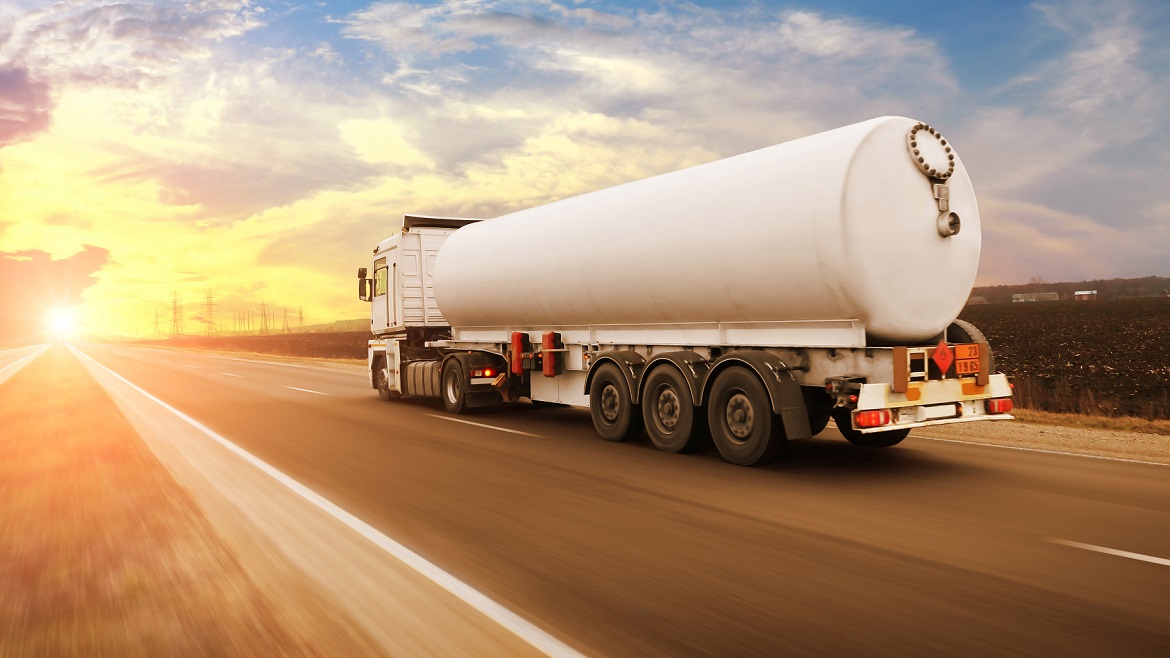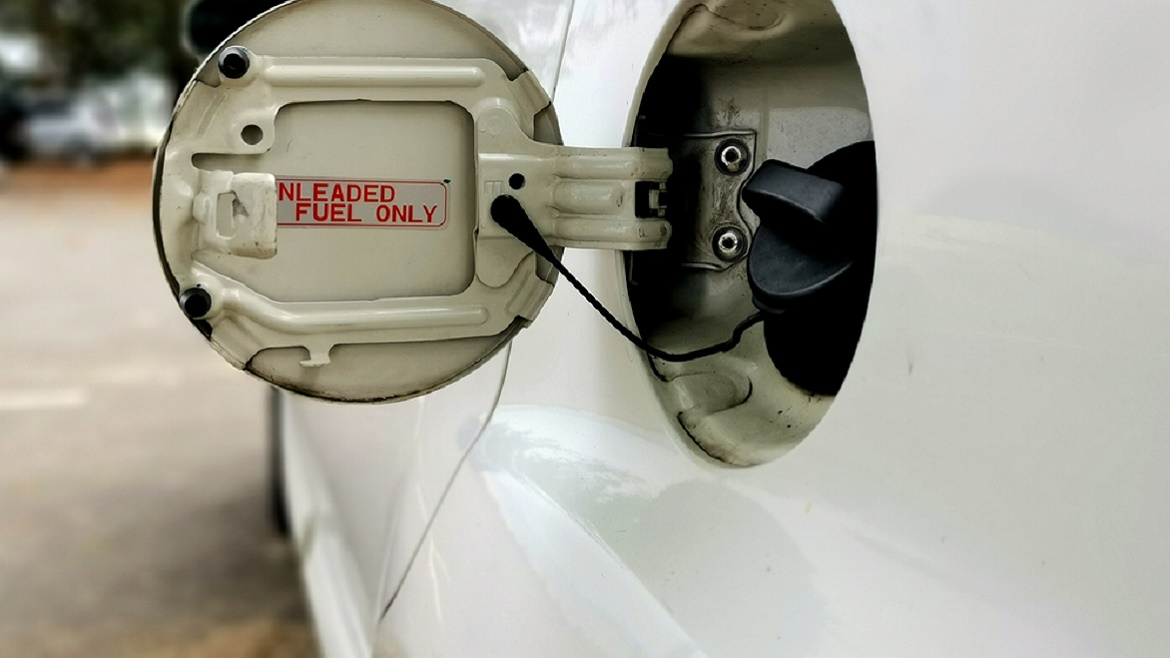In our previous article, Exploring Hardware Challenges in Modern Vehicles, we discussed the challenges that modern vehicles with internal combustion engines (ICE) face amid the global focus on climate change, with a specific emphasis on diesel. This article shifts the focus to gasoline quality and the critical role advanced fuel additives play in achieving optimal performance and emissions compliance.
Gasoline direct injection (GDI) technology in vehicles has facilitated engine downsizing and emissions reduction. However, GDI technology introduces challenges, such as the buildup of restrictive deposits on key engine components. Unlike port fuel injection (PFI), where fuel is injected into the air intake and then enters the combustion chamber via the intake valve, GDI engines inject fuel directly into the combustion chamber (see figure 1). This design change allows for more efficient combustion but creates a more demanding operating environment. GDI engines typically operate at higher temperatures, with increased pressures and tighter tolerances in the fuel injectors, pistons, cylinder walls, valves, and other key engine components. Significant carbon deposits are now being observed in GDI engines, even in vehicles with lower mileage, which can compromise the power, efficiency, and emissions performance of the vehicle.

Modern gasoline vehicles often incorporate aftertreatment devices like Gasoline Particulate Filters (GPFs) to capture soot and ash from exhaust gases. Over time, ash accumulation in GPFs can obstruct exhaust gas flow, increasing backpressure and reducing fuel economy, leading to reduced power, decreased efficiency, and elevated emissions. Maintaining GPF performance is crucial for optimal vehicle operation and compliance with stringent emissions regulations.
Fuel Quality
Specifications such as EN228 in Europe and D4814 in the United States also define important characteristics for gasoline, including sulfur levels, oxygenate content, biofuel content, and oxidation stability. While all fuels must meet these standards, quality can vary. Leading fuel marketers enhance their offerings with gasoline additives to improve performance and differentiate themselves in the market. These additives offer cost-effective improvements, such as deposit control, corrosion protection, improved octane rating, and reduced engine friction.
Importance of Gasoline Fuel Additives
Like diesel, high-performance gasoline fuel additives are crucial for safeguarding modern gasoline vehicle equipment and maintaining optimal functionality. These additives play a vital role in meeting emissions standards, protecting the engine, and ensuring compatibility with all gasoline vehicles and engine types. They work by thoroughly cleaning injectors and fuel systems, eliminating existing deposits, and preventing new ones from forming. Benefits include power recovery, improved fuel economy, and enhanced emissions performance. Additionally, gasoline fuel additives can resolve problems caused by deposit buildup, promoting smoother and more efficient engine operation.
Gasoline additives are essential for optimal performance in both GDI and PFI engines. Deposit control additives remove deposits from vital engine components. In GDI engines, these additives ensure clear injector holes for efficient fuel injection, leading to improved fuel economy and power, and reduced emissions. For PFI engines, the focus is on preventing deposits on the intake valve, as shown in Figure 1. Deposits on the intake valve can affect engine cleanliness and valve functionality. Fuel additives also prevent deposits in the combustion chamber and on the piston top.
Gasoline fuel additive packages often contain friction modifiers that enhance the fuel's frictional properties, benefiting engine parts in contact with the fuel. These modifiers offer wear protection, especially at the piston ring and cylinder liner interface, by creating a sacrificial layer that reduces premature wear. Additionally, improved fuel economy is achieved through reduced friction, lowering the power needed for a given output and resulting in less fuel consumption and increased efficiency.
Corrosion protection is another crucial aspect of gasoline fuel additives, particularly with higher ethanol concentrations in gasoline, which increase susceptibility to corrosion. This protection is especially important for hybrid vehicles, where fuel can often remain in the fuel tank and system for longer periods. Fuel additive packages include corrosion inhibitors that prevent and slow down the corrosion process, protecting engine components.
Aftermarket gasoline fuel additives
Aftermarket gasoline fuel additives provide an easy and effective solution for enhancing gasoline performance. These highly concentrated formulas can be directly added to the fuel tank and come in various forms, such as "One Tank" solutions designed to quickly remove deposits and "Continuous Use" products that help maintain fuel quality over extended periods. By using these additives, users can experience improved engine performance and fuel efficiency without relying on the variable additive levels found in gasoline from gas stations or commercial suppliers.
Summary
High-performance gasoline additive packages offer numerous benefits for today’s advanced vehicles. By understanding the specific needs of GDI engines and utilizing advanced fuel additives, we can address challenges and ensure that modern vehicles continue to perform optimally while meeting stringent emissions standards. Lubrizol provides a comprehensive range of gasoline additives for bulk and aftermarket applications, meticulously formulated to meet the demands of all gasoline-powered vehicles on the road. These additives are essential for maintaining the advantages of modern engine designs, ensuring efficient operation, reducing maintenance costs, and maximizing performance. Lubrizol's UltraZol™ and PowerZol™ fuel additive packages are expertly crafted to protect gasoline engines while enhancing fuel quality. By incorporating these advanced additives, drivers can achieve better engine performance, enhanced fuel economy, and prolonged engine life, all while adhering to strict emissions regulations.
For more information about these packages, please contact your account manager.





.jpg?h=658&w=1170&la=en&hash=2ABC1BD34C86459161E1A5564A6B790A)



